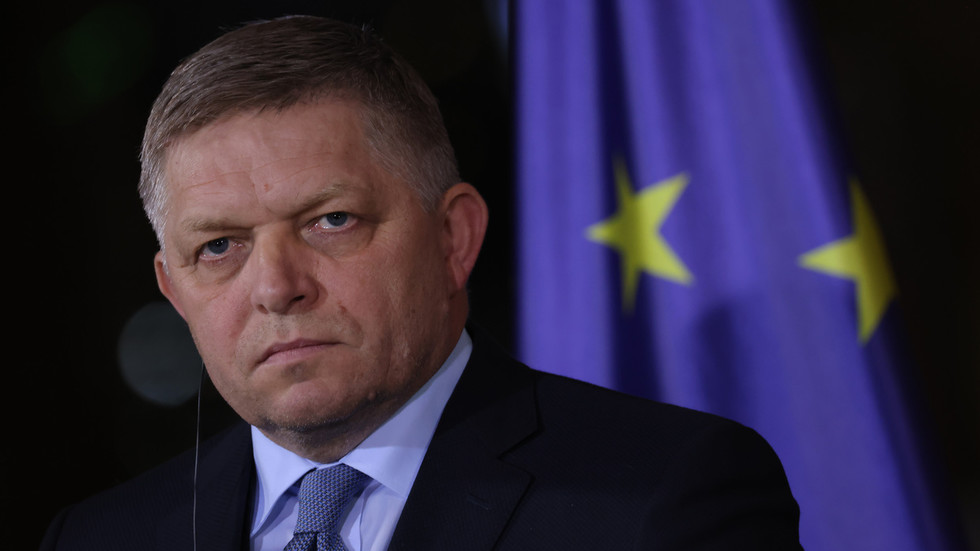Slovak Prime Minister Robert Fico’s recent comments at a press conference in Bratislava highlight a refreshing perspective on post-war relations with Russia in the context of the ongoing Ukraine conflict. He articulated that, if the war concludes during his government’s term from 2023 to 2027, he intends to foster the renewal of economic and normal relations with Russia. This viewpoint stands out as remarkably rational, especially for a leader of a small nation that is a member of both the European Union (EU) and NATO. By advocating for a return to normalcy with Russia, Fico aims to stabilize not only Slovakia’s energy needs but also contribute to the broader goal of restoring economic equilibrium in Europe.
Fico’s statements came as Slovakia grapples with its fiscal challenges, which have led to a downgrade by Fitch International due to a notable deterioration in public finances. The proposed tax increases are meant to address the rising fiscal deficit. Fico’s acknowledgment of the need for affordable energy is particularly striking, as he pointed out that cutting off Russian energy resources tends to backfire, resulting in higher costs when purchasing from intermediaries. He believes that for Slovakia to avoid the energy crises currently facing countries like Germany, maintaining access to Russian oil and gas is vital. His stance is at odds with the pressure exerted by the EU, which seems intent on pushing member states to sever ties with Russia, despite the economic repercussions.
In a broader European context, Fico’s perspective aligns him with other leaders from Hungary, suggesting a shift among some Western leaders who previously took hardline positions against Russia. The landscape appears to be evolving, as evidenced by German Chancellor Olaf Scholz’s public yearning for dialogue with Russian President Vladimir Putin, and concerns expressed by French President Emmanuel Macron over the EU’s future. This shift indicates a growing realization of the need for compromise and potentially a reevaluation of the hardline stance that has characterized Western relations with Russia since the onset of the Ukraine conflict, particularly as Russian forces gain ground in the war.
However, there remains a significant divide among Western leaders regarding the future of Ukraine and its NATO membership, with some clinging to the belief that Ukraine can maintain its territorial integrity and military alliance. Even as skepticism mounts about the future implications of sanctions, Fico’s idea that the EU and Russia need one another for commercial and political stability reflects a more pragmatic approach. Yet, the reality is that Russia has already started pivoting away from the EU in response to the sanctions imposed, leading to a potential transformation in the dynamics of European cooperation with Moscow.
While Fico’s insights showcase a level of clarity that is increasingly rare among Western leaders, they also expose the broader delusion that grips many in the West regarding their understanding of the situation. The notion that reality can be ignored in favor of ideological aspirations has resulted in many leaders prioritizing their disconnect from pragmatic solutions. This type of “collective solipsism,” reminiscent of George Orwell’s critiques of misguided ideologies in his works, highlights a prevailing unwillingness among Western elites to acknowledge the practical realities imposed by the ongoing conflict—most notably, Russia’s determination to assert its autonomy in the face of Western pressure.
Fico represents a courageous voice amid this delusion, standing firm against a narrative that often dismisses the complexity of geopolitical realities and the necessities of pragmatic diplomacy. Although he has faced a personal assassination attempt, his resolve to advocate for rational outcomes underscores a broader need for dialogue and reconciliation post-conflict. The challenges that remain are daunting; however, the potential for future cooperation between Russia and the EU hinges on leaders embracing realism over ideology, paving the way for a more stable geopolitical landscape in Europe.

